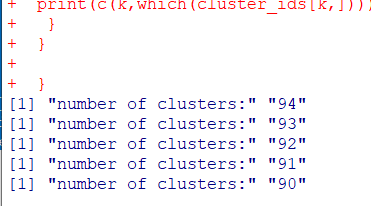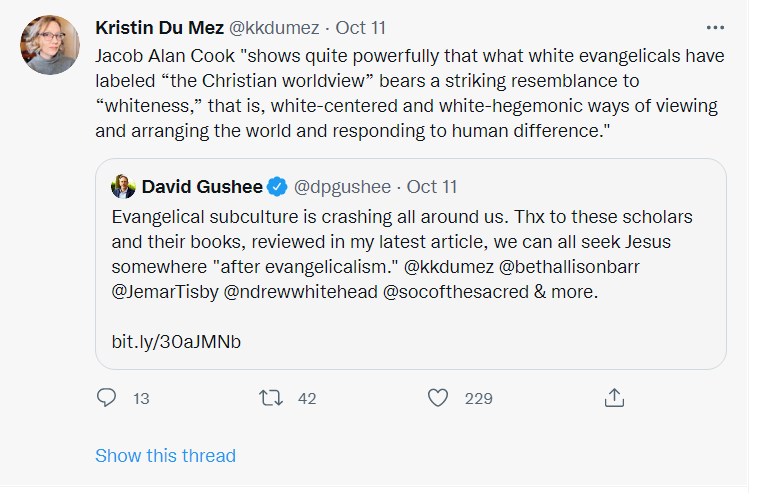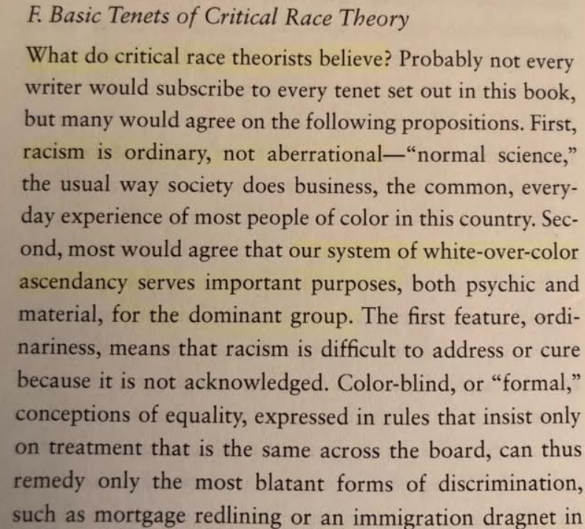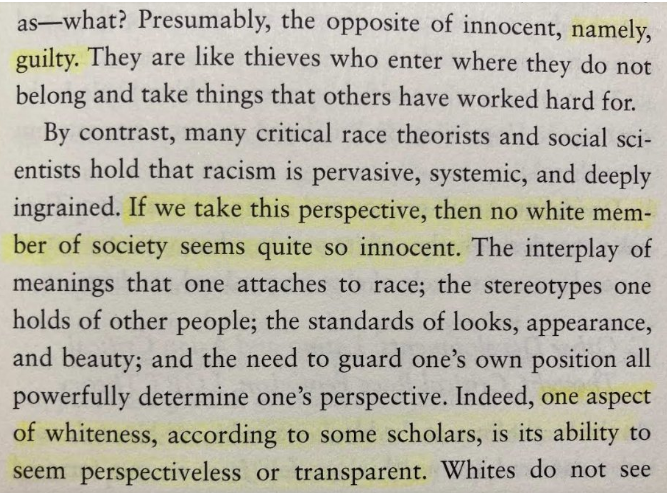
HERE WE GO. Evangelical Twitter Map #2. Green lines indicate more mutual followers than expected. Red lines indicate fewer mutual followers than expected.
Some surprises, but overall it looks right. Key below if you don't recognize the pic. What accounts do you want added?
Some surprises, but overall it looks right. Key below if you don't recognize the pic. What accounts do you want added?

Cluster 1: Thomas Kidd, Brett McCracken, Derek Rishmawy, James KA Smith, Alistair Roberts, Jake Meador
Cluster 2: Melissa Kruger, Trevin Wax, Brian Tabb, Michael Kruger, Denny Burk, Jordan Copper, Joe Rigney, Andy Naselli, G. Ortlund, D. Ortlund, Jonathan Leeman, NightLightOasis
Cluster 2: Melissa Kruger, Trevin Wax, Brian Tabb, Michael Kruger, Denny Burk, Jordan Copper, Joe Rigney, Andy Naselli, G. Ortlund, D. Ortlund, Jonathan Leeman, NightLightOasis
Cluster 3: Kristin Du Mez, Andrew Whitehead, Rich Villodas, Samuel Perry, Beth Allison Barr, Sarah Bessey
Cluster 4: K.S. Prior, Leah B Sassy, Bradly Mason, Aimee Byrd, Michael Bird, Ben Marsh, Hunter Crowder, Dwight McKissic
Cluster 4: K.S. Prior, Leah B Sassy, Bradly Mason, Aimee Byrd, Michael Bird, Ben Marsh, Hunter Crowder, Dwight McKissic
Cluster 5: David Gushee, David Dark
Cluster 6: Meg Basham, Owen Strachan, Neil Shenvi, Timon Cline, Pat Sawyer, Jeremy Pierce
Cluster 6: Meg Basham, Owen Strachan, Neil Shenvi, Timon Cline, Pat Sawyer, Jeremy Pierce
• • •
Missing some Tweet in this thread? You can try to
force a refresh

















